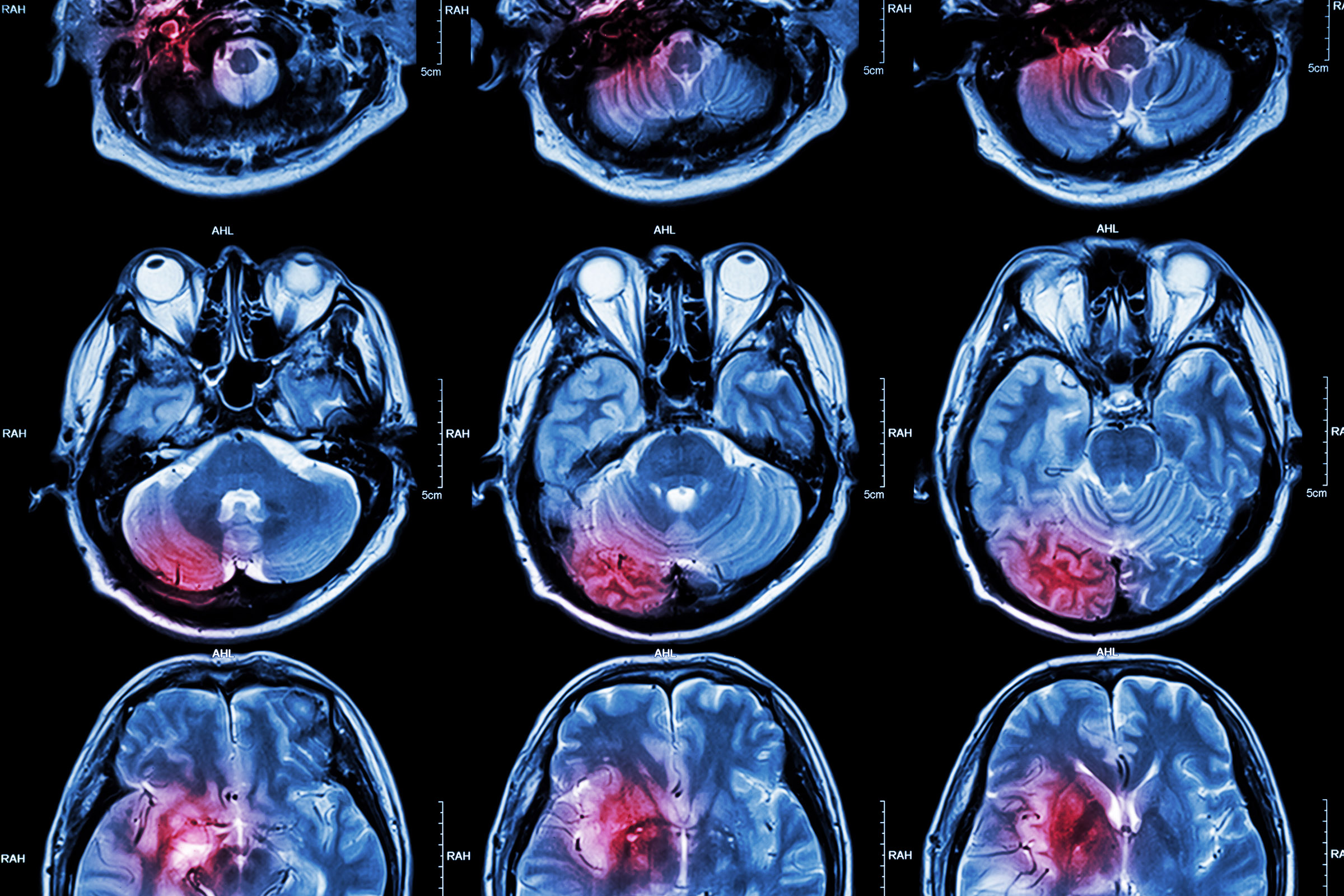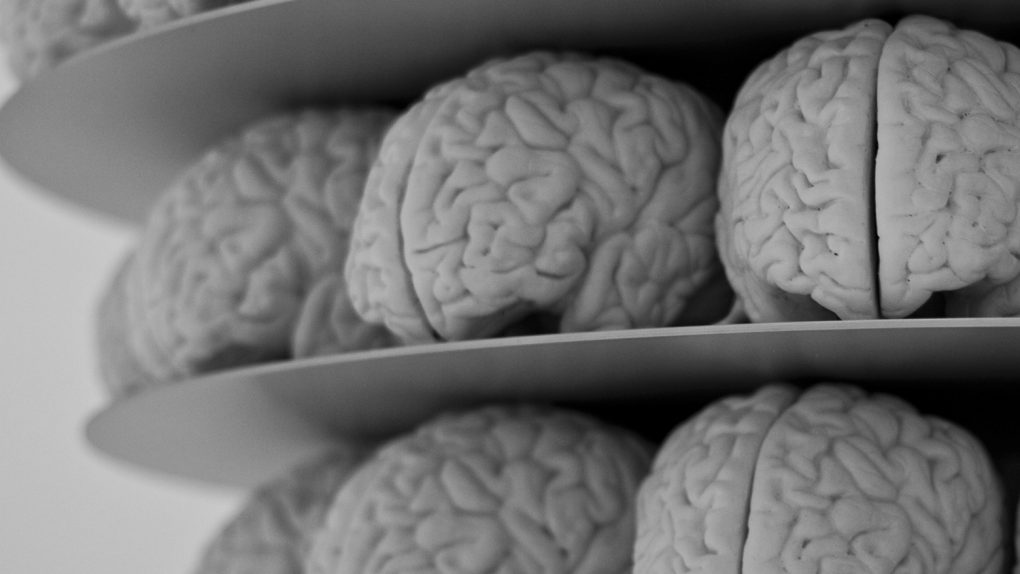Developing new treatments for ailments can be a tedious and frustrating process for scientists. Oftentimes, newly developed drugs just don’t work the way they were intended, falling short of expectations and leading to a dead end. But other times, a drug developed for one purpose turns out to be even more effective at treating something completely different. In the past, this has happened with drugs such as prednisone, which was originally meant for inflammatory diseases but actually helps treat Parkinson’s disease symptoms. These are called repurposable drugs. another instance of this took place in 2017 with the realization that medicine for type 2 diabetes could have benefits for those with Alzheimer’s disease.
At the time, a new class of drugs was originally developed for the treatment of type 2 diabetes but showed to have a drastic benefit in mice with Alzheimer’s. The drugs, which are classified as “triple agonist” (because they work in three ways), were tested on mice that were developed to express genes linked to Alzheimer’s. The animals were already exhibiting many of the symptoms associated with the disease, including compromised memory and difficulty learning, but showed dramatic improvement in their brain function after receiving the unique treatment.
What the science says

The treatment “holds clear promise of being developed into a new treatment for chronic neurodegenerative disorders such as Alzheimer’s disease,” Professor Christian Holscher, lead researcher of the study, explains. The research was published in Brain Research.
According to the study, the triple-acting treatment is thought to work against Alzheimer’s disease by protecting nerve cells, reducing amyloid plaques in the brain (which have been linked to Alzheimer’s), and reducing inflammation while slowing nerve cell degradation. Mice that received treatment demonstrated significant improvement in learning as well as memory formation.
Discovering a potential new treatment for a devastating disease like Alzheimer’s is fantastic news, but the fact that the drug was initially intended to treat type 2 diabetes isn’t just a coincidence. Type 2 diabetes has been linked to Alzheimer’s in the past, and the two often go hand-in-hand in older individuals. “Insulin desensitization has also been observed in the Alzheimer’s disease brain,” the researchers explain in a press release. “The desensitization could play a role in the development of neurodegenerative disorders as insulin is a growth factor with neuroprotective properties.”
Extended research on this
Taking the research from 2017 with mice, UK researchers began human trials in 2021 with the drug named liraglutide. It is currently licensed for diabetes, so it was safer to use in clinical trials with humans. The drugs had to go through less drug development process this time around because they had already done so when they were developed for type 2 diabetes. The trials done in the UK for liraglutide didn’t show massive amounts of evidence that liraglutide could potentially eliminate Alzheimer’s, but could potentially slow down effects.
Another study involving diabetes medication took place last year in South Korea. Clinical trials of drugs called dipeptidyl peptidase 4, or DPP-4, inhibitors showed that they can help slow cognitive decline in dementia patients. Medications like Januvia, Onglyza, Tradjenta, and Nesina are prescribed to lower blood sugar levels. They were tested for dementia patients because lower blood sugar levels can lead to less plaque buildup on the brain, a side effect of dementia.
“People with diabetes have been shown to have a higher risk of Alzheimer’s disease, possibly due to high blood sugar levels, which have been linked to the buildup of amyloid beta in the brain,” said senior study author Philhyu Lee, MD, PhD, of Yonsei University College of Medicine in Seoul, South Korea, in a statement. “Not only did our study show that people taking dipeptidyl peptidase-4 inhibitors to lower blood sugar levels had less amyloid in their brains overall, it also showed lower levels in areas of the brain involved in Alzheimer’s disease.”
Newest research
A new study conducted on mice shows promising results that utilizing the spinal fluid of young animals and young mice can help improve the memory of aging mice. Dr. Tony Wyss-Coray of Stanford University who, back in 2014, showed that giving older animals blood from young ones could reverse some aging effects, helped oversee Dr. Tal Iram’s study that hypothesized that giving a spinal fluid solution from a youthful mouse to an older mouse could help with memory loss. Published last week, Iram found that giving a week of infusions of cerebrospinal fluid from a younger mouse can help an older mouse’s memory.
This will be difficult to translate as an option for human trials, says the study. But it isn’t impossible. With more research being done, there are steps being taken each year to try and combat dementia and Alzheimer’s diseases.
Editor’s note: This article originally ran on January 1, 2018 and has since been updated.








